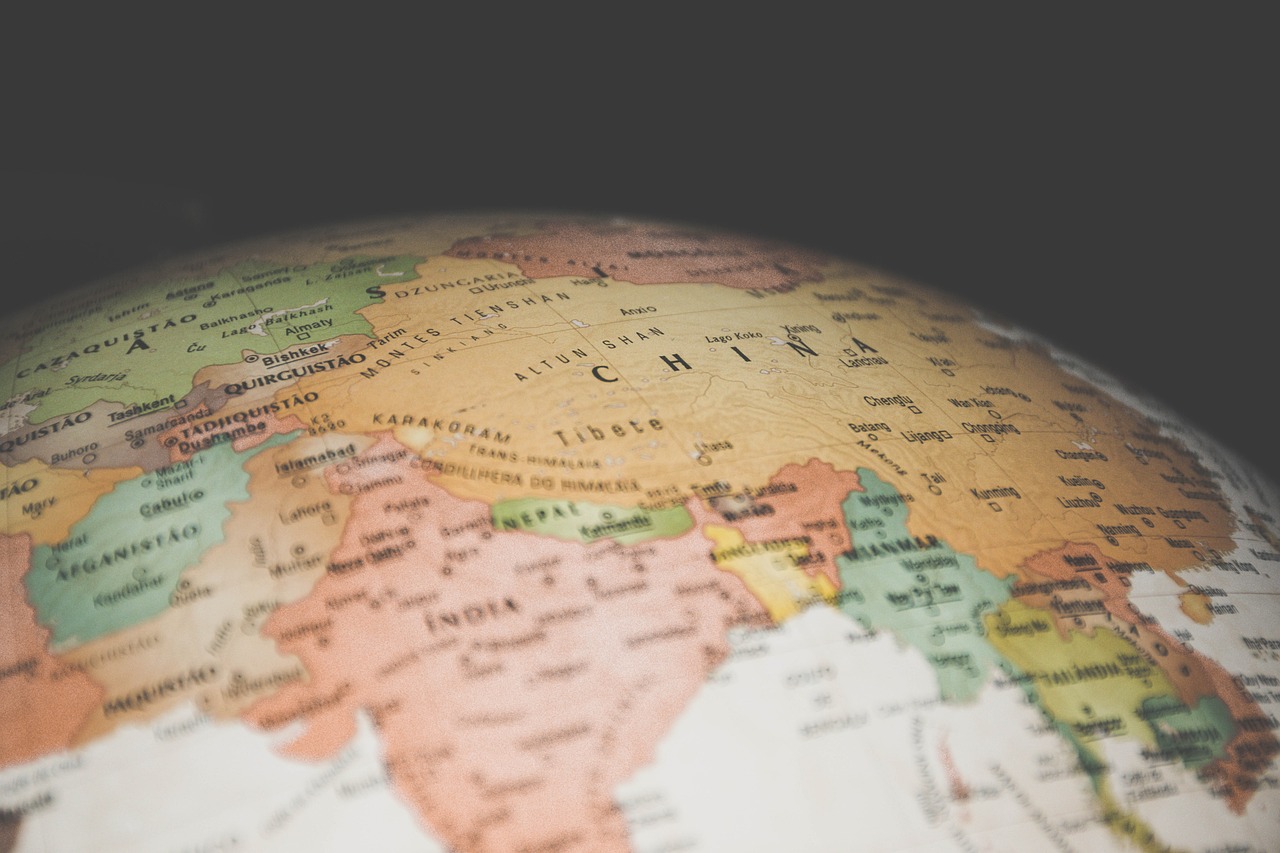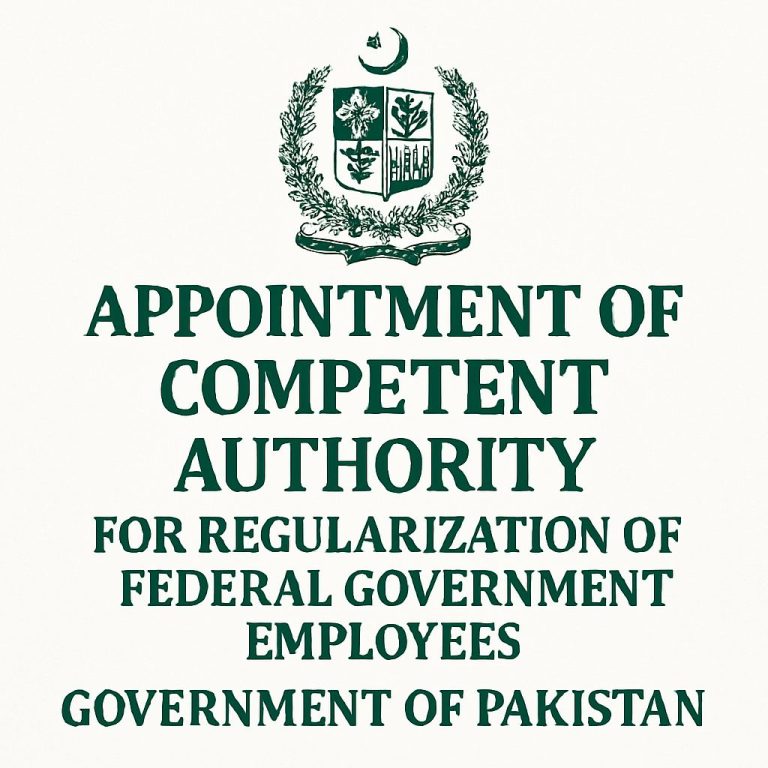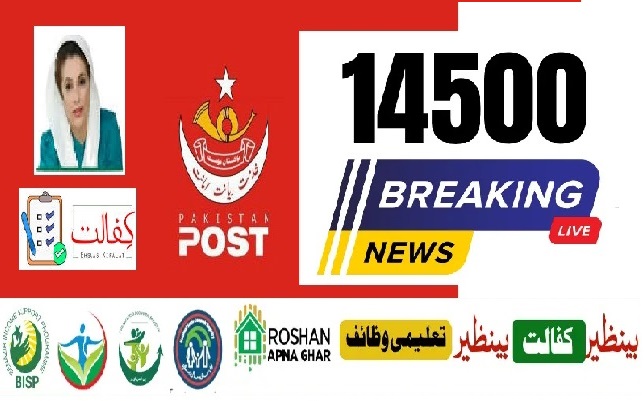
Benazir Income Support Program (BISP): A Lifeline for Pakistan’s Underprivileged
The Benazir Income Support Program (BISP) is one of Pakistan’s most important social welfare initiatives. It aims to improve the lives of the country’s poorest and most vulnerable citizens. Launched in 2008, the program was named after former Prime Minister Benazir Bhutto. Since then, it has become a key tool in the government’s fight against poverty.
With millions of people living below the poverty line, BISP offers vital financial help. It especially supports women from rural and low-income households. This article explains how BISP works, what it has achieved, and why it matters for Pakistan’s future.
What Is the Benazir Income Support Program?
BISP is a government-run initiative that gives direct financial support to low-income families. Its main goal is to help households with no stable income. The program focuses on women and aims to empower them by offering regular cash transfers.
Since its launch, BISP has grown steadily. It now supports millions of families across the country. The program also aligns with global efforts like the United Nations’ Sustainable Development Goals (SDGs).
Objectives of BISP
BISP aims to reduce poverty and help vulnerable families. Its key goals include:
- Economic Empowerment: Women receive the payments directly, which boosts their independence and role in family decisions.
- Social Safety Net: BISP acts as a financial cushion during crises such as economic downturns or natural disasters.
- Gender Equality: The program focuses on helping women who face challenges in education, employment, and healthcare.
- Human Development: By improving access to food, education, and health, BISP raises the overall quality of life for recipients.
How Does BISP Work?
BISP runs on a direct cash transfer model. Here’s how the process works:
- Eligibility Criteria: To qualify, families must have very low income and limited access to basic needs. Women, especially in rural areas, are given priority.
- Cash Transfers: Beneficiaries receive regular cash payments. The money is sent to their bank accounts and used to meet daily needs.
- Data Collection: The government uses poverty surveys to assess and select eligible households. This helps reduce fraud and improves fairness.
- Digital Payment System: BISP uses modern tools like ATMs, mobile wallets, and payment centers to deliver the funds efficiently.
Impact of BISP on Poverty Reduction
BISP has made a real difference in the lives of many families. Its major achievements include:
- Better Financial Security: The monthly payments help families buy essentials like food and medicine.
- Improved Education: With financial help, many families now send their children to school. This is especially true for girls in rural areas.
- Access to Healthcare: BISP families report better access to doctors and health facilities. This leads to improved health for women and children.
- Women’s Empowerment: Since the payments go to women, they have more control over household spending and greater confidence in daily life.
Challenges Faced by BISP
Despite its success, BISP still faces some problems:
- Limited Coverage: Some poor families are left out, especially in remote or conflict-affected regions.
- Targeting Errors: In some cases, deserving families are excluded, while others who don’t qualify receive benefits.
- Sustainability: Long-term success depends on stable government funding, which is sometimes hard to secure.
- Lack of Awareness: In rural areas, many people don’t know about BISP or face difficulties in accessing their funds.
The Future of BISP
The government is working to improve BISP further. New steps include:
- Expanding digital payment options
- Improving data collection
- Reaching out to more remote communities
In addition, BISP is being connected with other social programs. These include health, education, and housing projects. Together, they aim to provide well-rounded support for poor families.
Conclusion
The Benazir Income Support Program plays a key role in reducing poverty in Pakistan. It offers direct help to those who need it most and empowers women across the country. While challenges remain, the program’s growth and updates promise even greater impact. With continued support, BISP can change the future for millions of underprivileged Pakistanis.





